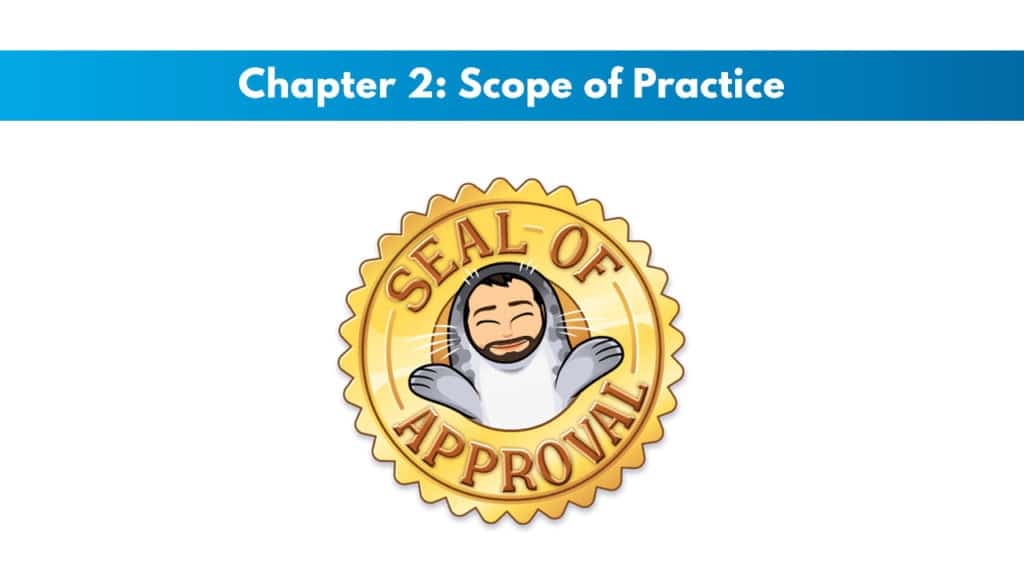
If you have not yet signed up for the NASM CNC certification, receive a big discount here.
Get your copy of the NASM CNC exam cheat sheet. It helps immensely for studying for the exam.
My PTP students report cutting their NASM CNC study time and effort in half with Trainer Academy.
Enjoy the insurance of the Exam Pass Guarantee and Retake Fee Guarantee, plus take advantage of my current discount code PTPJULY for 50% off until July 21st, 2025.
Try it out for free here to see if it’s right for you, or read my detailed review for further insights.
Chapter Goals:
- Describe the Nutrition Coach’s role.
- Define the nutritional professional’s scope of practice.
- Determine when you should refer someone to another nutrition or other type of professional.
- Identify the expectations that people have for nutrition coaches.
- Differentiate among the different professions in nutrition.
Scope of Practice for Allied Health Professionals
The scope of practice is defined as the limitations and boundaries of some medical interventions someone can perform. This scope of practice applies to clinical and licensed professionals and those that are not. All governing bodies have a range of responsibilities and requirements for licensing that are established. Typically, the scope of practice includes the caseloads, the guidelines of the practice, and the recommendations for when to refer someone.
The profession of RDN, registered dietitian nutritionist, is similar to a nutrition coach with NASM, but there are major differences. RDNs will have earned a minimum of a bachelor’s degree from a university or a college.
Some other licensed healthcare professionals providing nutritional advice are: Physician assistants, Doctors of Pharmacy, Advanced registered nurse practitioners, and certified diabetes educators.
Licensed people can be legal on a state or a federal level. The licensing prerequisites will include formal education and training, pre-determined contact hours, and the completion of successful standardized testing. Most of the healthcare providers out there will require a form of licensure.
Certified professionals are people that have participated in some educational course and then successfully done a test that is written, practical, or both of them.
Exclusive PTP CPT Offers |
||
|---|---|---|
Most Popular Cert | Best Online NCCA Cert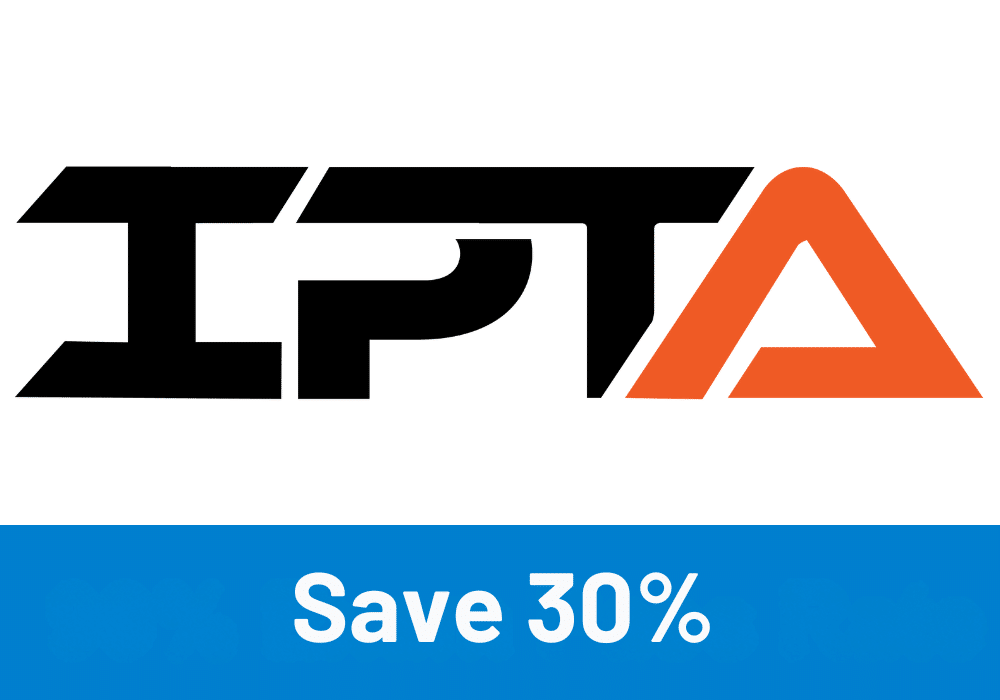 | Best Study Materials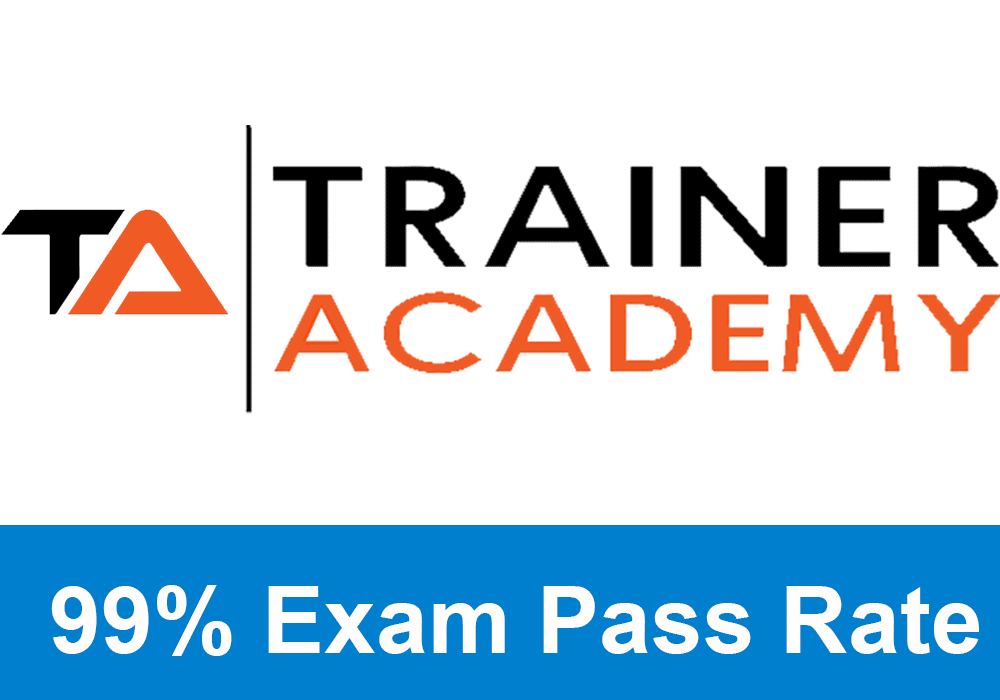 |
Gold Standard Cert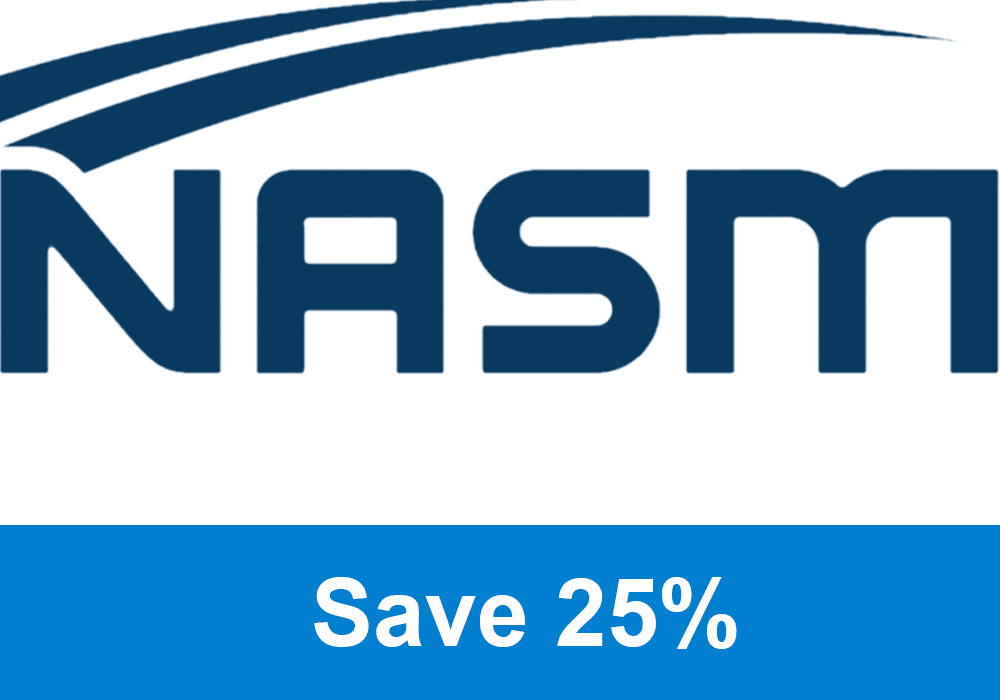 | A Good Option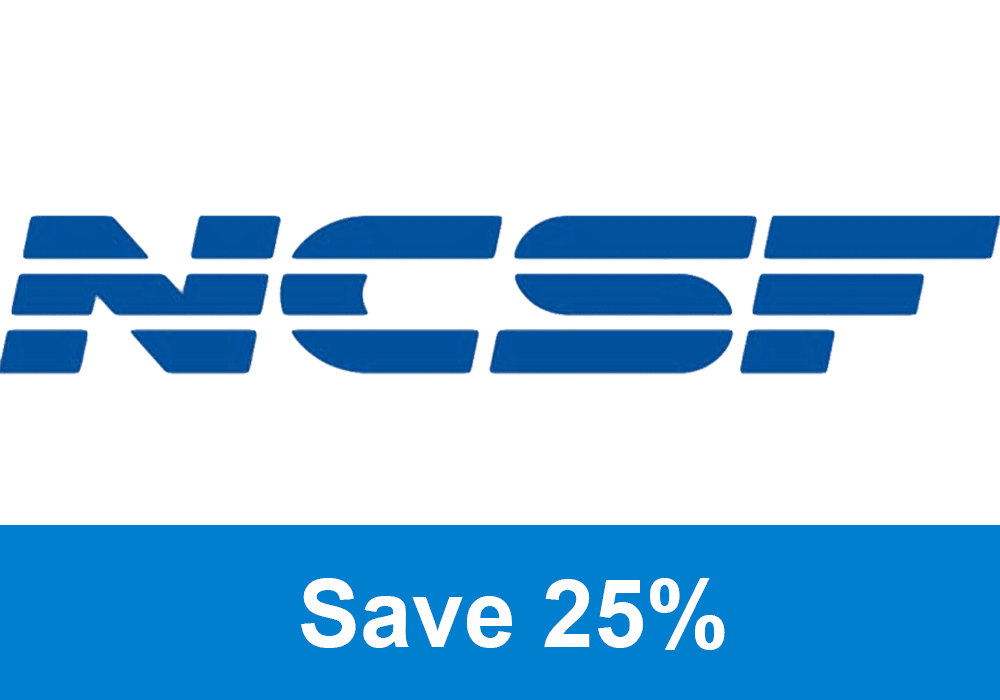 | Best CPT for you?  |
The Healthcare Continuum
Healthcare costs increase, and the emphasis on care for prevention becomes a priority.
Since the emphasis shifts more to disease prevention, nutrition coaches can provide valuable service in keeping people healthy and avoiding disability or chronic disease. Large hospitals have begun emphasizing wellness and giving affordable services for care and guidance.
Client Confidentiality
This is a very important part of the job in the health industry. This confidentiality means that coaches should not discuss their clients’ personal issues with any other person unless they have been given their consent.
If you use their information somehow, then any distinguishing features and their name should be omitted.
Expectations of the Nutrition Coach
Nutrition coaches must have a working knowledge of basic nutrition and coaching services.
Some things a nutrition coach can do these:
- Look at the current plans and give general advice.
- Recommend that clients discuss supplements and their use with RDNs, physicians, or pharmacists.
- Promote the guidelines for calories that the USDA gives.
- Recommend dietary modifications.
- Guide the general healthy population.
- Give exercise and physical activity guidelines.
- Some things a nutrition coach can’t do:
- Give specific meal plans.
- Suggest very large calorie restrictions.
- Tell the clients to use supplements or vitamin dosages.
- Provide nutritional therapy for the treatment and prevention of diseases.
- Promote fasts, detoxes, and other extreme practices.
Providing Healthy Eating Guidelines
Nutrition coaches are not there to give specific meal plans but instead incorporate balanced eating for their clients. The resources used are mostly free for the public to use.
The Scope of the Process: Assess, Educate, Implement
Nutrition coaches can also help to facilitate an action plan for their clients. The client and coach need to review the why’s for their actions in the action plan.
Assess
This may have questionnaires, verbal interviews, and body comp assessments.
Some of the questions to be asked:
Exclusive PTP CPT Offers |
||
|---|---|---|
Most Popular Cert | Best Online NCCA Cert | Best Study Materials |
Gold Standard Cert | A Good Option | Best CPT for you?  |
- Client nutritional goals
- Personal stumbling blocks
- Food aversions
- Triggers
- Exercising habits
- Daily activity patterns
- Physical Assessments
- Height
- Weight
- Body comp
- Girth measurements
Food Journals
These are done in 3 – 5 day journals and are of the most value when the client aims to lose weight.
This is used to see what kind of daily habits, food intake, and associated behaviors someone has.
Nutrient trackers
Online trackers give a more detailed assessment of the overall nutritional intake. These trackers give information regarding the macro and the micronutrients we take into our bodies.
Educate
The role of the nutrition coach is to give clients general diet advice that is found in the current scientific evidence.
Information needs to be:
- Highly relevant
- Perceived to have importance
- Practical
- Based on some previous experience
The coaches serve to stop the confusion that people get from the media channels and the assortment of places that advertise and influence people.
Implement
It is beyond the nutrition coach to give any specific exercise programs unless they are currently a personal trainer or some other health professional that has the right education and training.
Beyond the Scope of the Nutrition Coach
The coach’s role is to provide the best possible course of action and recognize the client’s needs outside of the scope of practice. This means that a referral may be needed at times.
Disordered Eating
The nutrition coach is not within the scope of practice if they assist with disordered eating diagnosis or anything else. The coach can look for warning signs of the disorder. But instead of trying to solve it, they should refer the client to another professional that works with these cases.
Chronic Disease and Dysfunction
The nutrition coach should use public information from reputable organizations to guide clients to make better food choices. It is, however, not within the scope of practice to provide guidelines and treatments for any disease or dysfunction. This includes these chronic diseases and dysfunctions.
Psychological Disorders
One benefit of working with nutrition coaches is client interactions and the ability to witness changes over time. Once you gain personal trust, the client may feel comfortable with their coach and give out personal information. The coach needs to take caution when this happens and pay attention to these details, especially if they relate to psychological problems. This would be caused them to refer them to a specialist or suggest finding one at least.
Change in Health Status
Many opportunities for health coaches revolve around working with healthy populations. If any client has a significant change in health status or shows some drop or increase in weight, the coach must recommend that the client consult their physician or another healthcare provider.
The Business Scope for the Nutrition Coach
It is essential for nutrition coaches to check with the local and state laws that would govern them before they open their businesses. Each state has different regulations.
Consulting with an attorney is also prudent and more so with one specializing in labor law and aware of business practices and regulations in their own country or region.
The administrative side of coaching is another important aspect for nutrition coaches to understand. The items that they need to consider include written policies and procedures like these:
- Client information forms
- Marketing assets such as flyers, business cards, digital advertisements, websites, and social media pages
- Lists for the community resources.
- Lists of the places for human resources referrals.
- Online newsletters
- Lists of the right books, online content, and magazines
- Evaluation forms
- And some others

 Have a question?
Have a question? 



Tyler Read
PTPioneer Editorial Integrity
All content published on PTPioneer is checked and reviewed extensively by our staff of experienced personal trainers, nutrition coaches, and other Fitness Experts. This is to make sure that the content you are reading is fact-checked for accuracy, contains up-to-date information, and is relevant. We only add trustworthy citations that you can find at the bottom of each article. You can read more about our editorial integrity here.